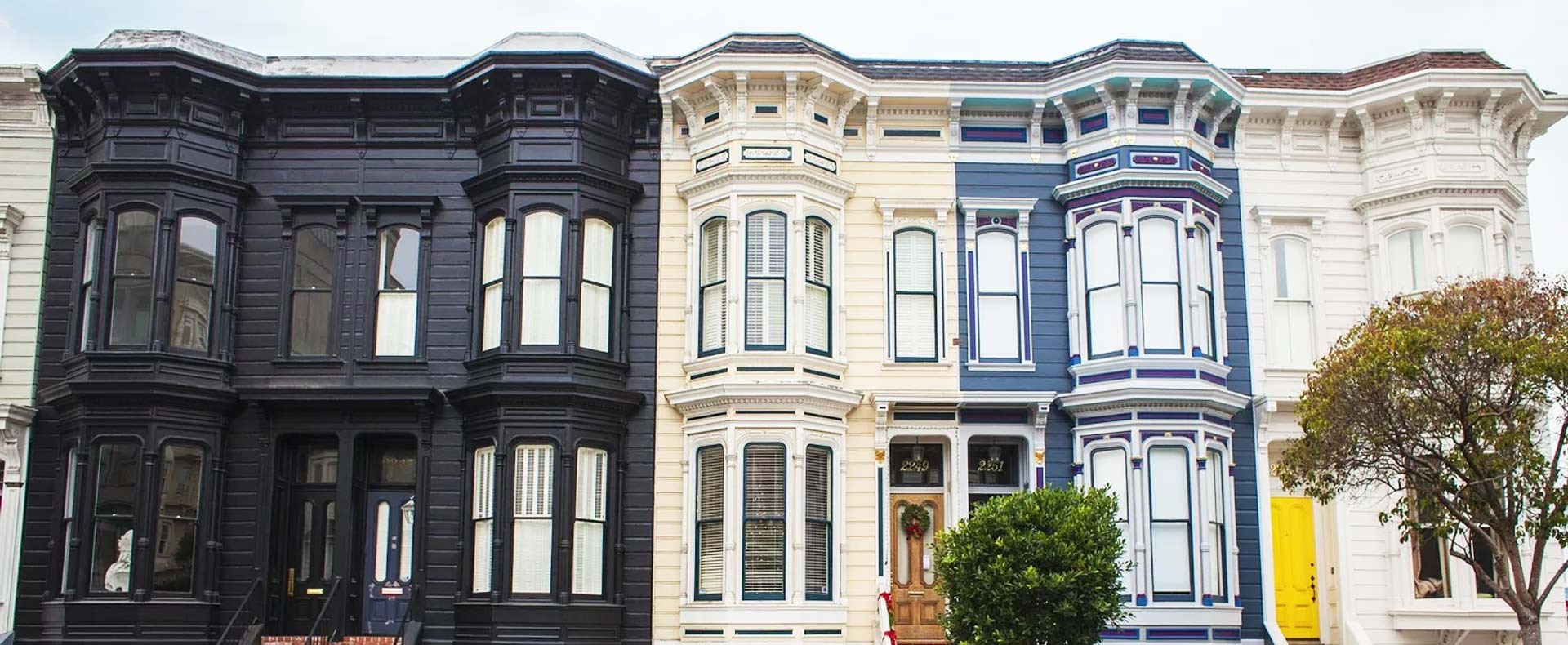
Many Canadians dream of owning a second property or several properties as an investment. Renting spaces out as commercial or residential areas can generate a substantial income over time. Among the many options, individuals can invest in second homes, townhouses, condos, duplexes, rooming houses or multi-unit residential buildings.
Check your finances
Before you invest in an investment property, be sure to meet with a mortgage broker or an investment-friendly bank. Most buyers don’t realize that a 35 per cent down payment is required to purchase an income property.
While you can sometimes finance your down payment by refinancing your current residence with a line of credit or other investment income, it’s important to check in with your mortgage broker or bank because they may be able to provide alternatives. Some buyers like to use private lenders. In all cases, gather the information and do your homework.
What does the property have to offer?
When starting out, it’s best to invest in a property in a familiar neighbourhood; it’s important to be comfortable with your location. Knowing what the nearby amenities are really helps sell your property to potential tenants. Most potential tenants want to be within walking distance of public transportation and local services.
Do your due diligence
When selecting a property to invest in, it’s helpful to do your research online first and then drive by them. For all properties, especially if investing in multiple units, you’ll want to visit it in person and view the unit(s) carefully. Align yourself with a real estate agent experienced in income properties to make this easier.
If you like what you see, make an offer conditional on a building inspection, obtaining financing and mortgage appraisal, reviewing the leases, income statements, expenses, fire retrofit certificate (if applicable) and any other items your agent will recommend.
Calculate the costs of repairs and improvements needed after the building inspection and present these to the owner. Sometimes they will make an adjustment in the purchase price, unless these items were already reflected in the price presented.
Is it a good investment?
Your real net income (deducting the gross rental income from the expenses, inclusive of mortgage costs) is what determines a good investment or not. If you’re investing in a multi-unit building, determine the capitalization rate (cap rate). If you don’t know how to calculate this, your agent or mortgage broker will assist you. Essentially, the higher the cap rate the better the investment for you.
Understand the Residential Tenancies Act of Ontario
When buying a second property, you become a landlord. You’ll have extra responsibilities and you must become acquainted with the Residential Tenancies Act of Ontario. While you can hire a property manager to deal with the day-to-day workings of the property, you’ll still need to understand and respect the RTA and updated legislation.
If you are looking to buy or sell an investment property in Durham Region (Whitby, Oshawa, Ajax, Brooklin, Courtice, Newcastle, Bowmanville), contact Team Bryant today. We look forward to helping you with all of your real estate needs.

